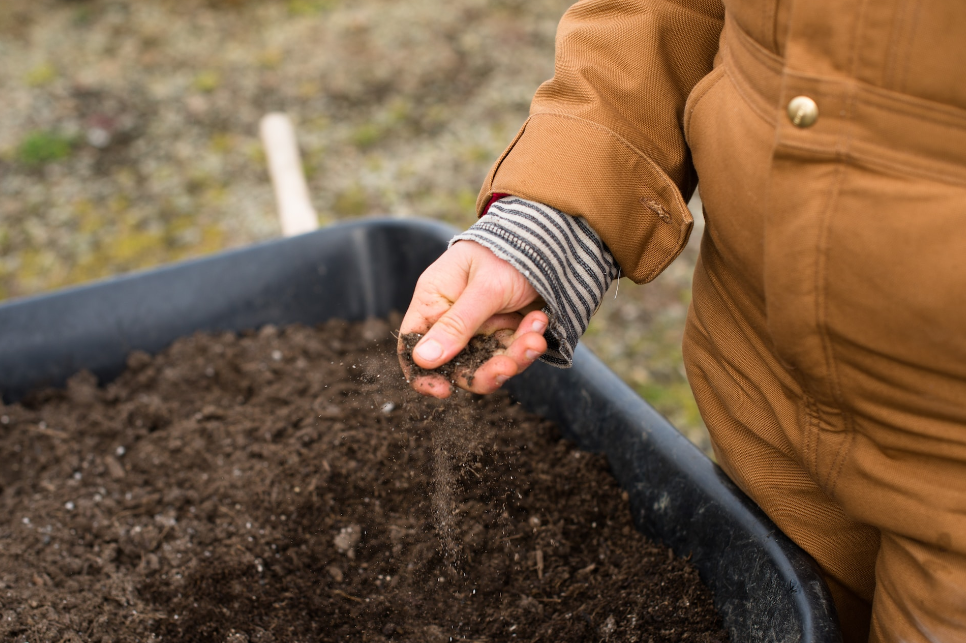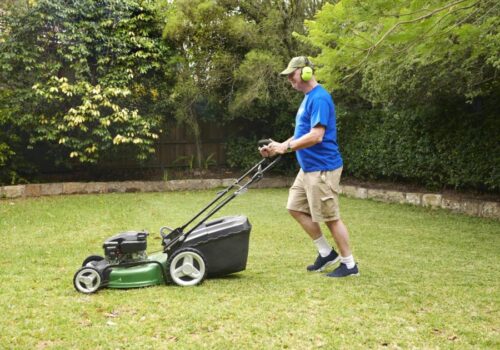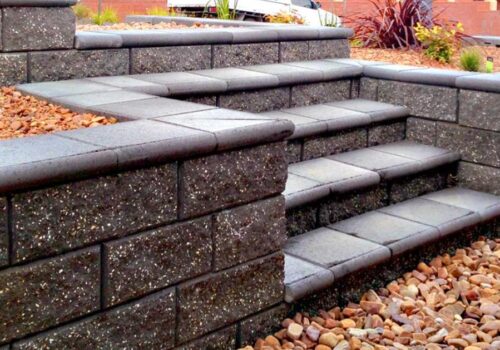5 Essential Ingredients for Nutrient-Rich Garden Soil
Creating a thriving garden starts with one crucial element: nutrient-rich garden soil. Healthy soil is the foundation for bountiful harvests and vibrant, flourishing plants. Whether you’re a seasoned gardener or just starting, here are five essential ingredients to ensure your garden soil is packed with the nutrients your plants need to thrive.
1. Organic Matter
The first ingredient to build nutrient-rich garden soil is organic matter. This includes compost, well-rotted manure, leaf mold, and other decaying plant material. Organic matter improves soil structure, retains moisture, and provides a slow-release source of essential nutrients. Incorporate organic matter into your soil to enhance its fertility and water-holding capacity.
2. Sand, Silt, and Clay
The physical composition of your soil plays a significant role in its nutrient-holding capacity. Garden soils are typically categorized into three main types: sandy, silty, and clayey. The ideal garden soil is loamy, which is a balanced mixture of these components. Loam soils offer good drainage while retaining essential moisture and nutrients.
3. Microbial Life
Healthy garden soil teems with microbial life, including beneficial bacteria and fungi. These microorganisms break down organic matter, making nutrients more accessible to plants. To support these essential soil inhabitants, avoid using harsh chemical fertilizers and pesticides that can harm beneficial microorganisms. Instead, focus on organic gardening practices that promote a thriving microbial community.
4. pH Balance
A proper pH balance is crucial for nutrient uptake by plants. Different plants thrive in various pH ranges, so it’s essential to know the pH preferences of the plants in your garden. Most vegetables and flowers prefer a slightly acidic to neutral pH range of 6.0 to 7.0. You can adjust your garden soil’s pH by adding lime to raise it or sulfur to lower it as needed.
5. Essential Nutrients
To create nutrient-rich garden soil, you must ensure that it contains the essential macronutrients: nitrogen (N), phosphorus (P), and potassium (K). Additionally, micronutrients like iron, magnesium, and calcium are essential for plant health. Conduct a soil test to determine nutrient deficiencies, and then amend the soil with organic fertilizers or supplements to provide the necessary nutrients.
Conclusion
In conclusion, building nutrient-rich garden soil is the key to a successful and productive garden. By incorporating organic matter, maintaining proper soil composition, fostering a thriving microbial community, achieving the right pH balance, and ensuring essential nutrients are available, you’ll create an ideal environment for your plants to flourish. Roll up your sleeves, dig in, and watch your garden thrive as you give it the best possible soil foundation.





